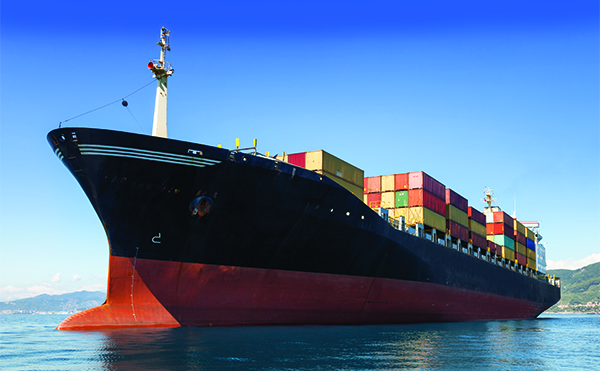In a move to ostensibly address environmental concerns, leading ocean cargo carriers have announced that they will impose new surcharges on the first of the year. Leading international shipper's associations are not buying the explanation, however.
The European Shippers' Council, for example, “disapproves” of the mechanism of surcharges that carriers launch to cover the higher rate of lower sulphur fuel. Instead, its' calling for a dialogue with carriers to find the best mechanism to share the costs.
“A new bunker adjustment factor launched by Maersk aims at covering additional costs that will arise from the upcoming global sulphur regulations,” stated ESC. “Carriers impose it unilaterally without any negotiation with shippers and ignore a market approach to the global problem. MSC and CMA CGM have recently announced plans that follow the same direction. This does not set an ideal cooperation scenario.”
Philip Damas, Drewry's Head of Supply Chain Advisors, concurs, telling SCMR in an interview that talks between the two factions should be conducted soon.
“The future of higher-cost low-sulphur is a multi-billion, complex issue in international maritime transport and it can only be addressed and understood by shippers if carriers provide cost transparency on their fuel spend and the cost impact of the new IMO low-sulphur regulation,” he says. “So far, carriers have failed to do this and the ESC has criticised them. Their reaction is not unexpected.”
Meanwhile, Drewry is trying to arrange direct discussions between shippers and some big European carriers to expedite the discussion.
ESC, too, is monitoring it through its National Councils, along with current actions related to bunker surcharges and their consequences in the operational field.
“ESC encourages shipping liners to negotiate all freight costs with shippers to come to an agreement satisfying both sides,” said spokesmen.
SC
MR


More Events
- Next-Gen SupplyChains: Underpinning your ability to manage complexity and drive innovation
- The Future of Supply Chains: Next-Generation Technology and Beyond
- Thanks to all who made NextGen a success
- Medline Executives’ Keynote to Kick Off NextGen Supply Chain Conference
- NextGen Supply Chain Conference 2022: About our event
- Industry Innovators Take Home 2022 NextGen Supply Chain Awards
- More Events
Latest Podcast

 Explore
Explore
Business Management News
- How S&OP provides the answer to in-demand products
- AI, virtual reality is bringing experiential learning into the modern age
- Tips for CIOs to overcome technology talent acquisition troubles
- There is still work to do to achieve supply chain stability
- Blooming success: The vital role of S&OE in nurturing global supply chains
- Supply chain salaries, job satisfaction on the rise
- More Business Management
Latest Business Management Resources

Subscribe

Supply Chain Management Review delivers the best industry content.

Editors’ Picks





